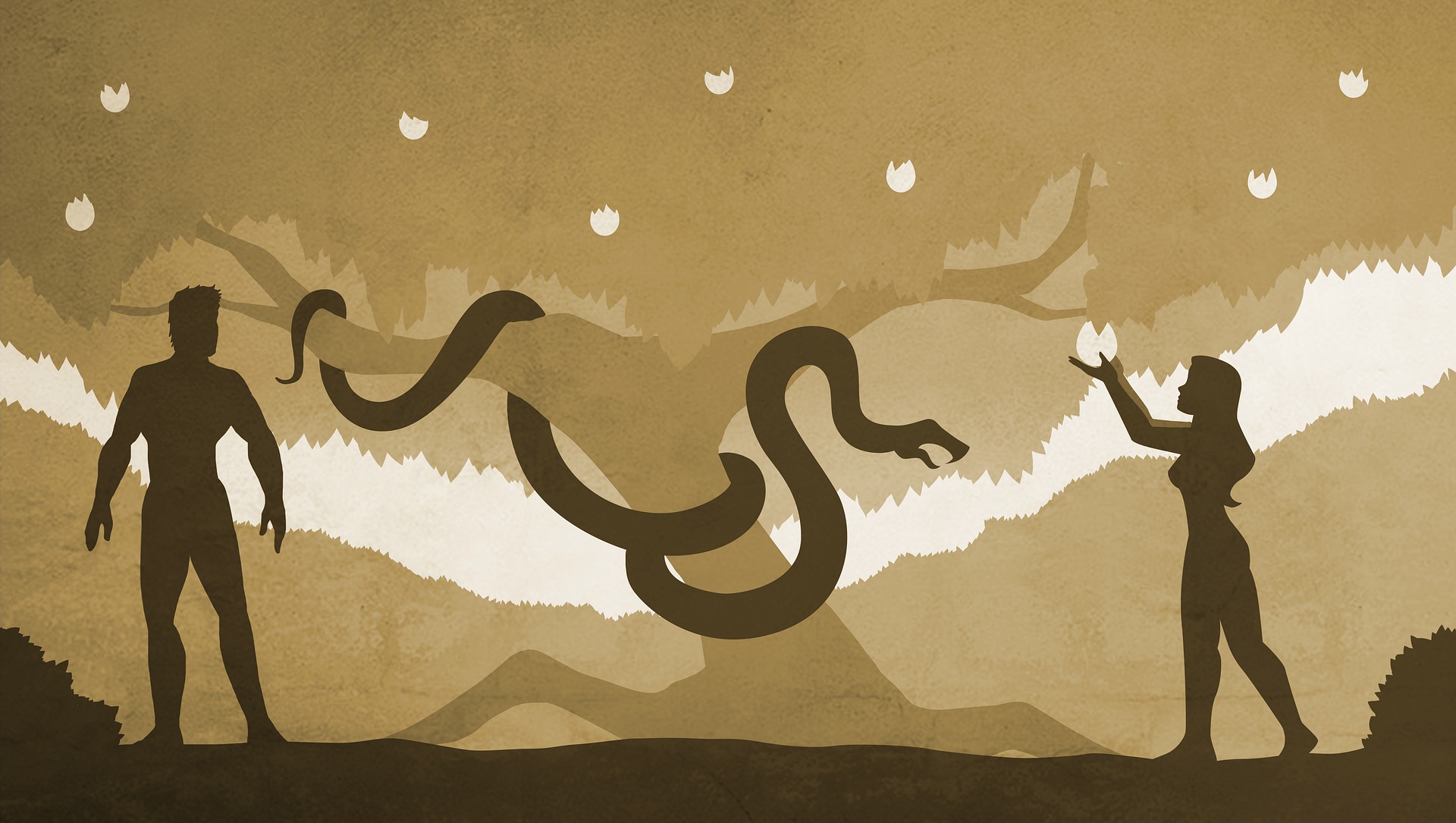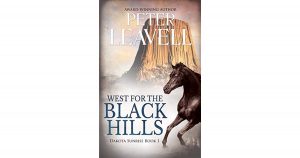by Peter Leavell, @PeterLeavell

At the Box Office, Top Gun: Maverick has grossed the GDP of a small country. How? From touching on themes from, as C.S. Lewis’s The Lion, the Witch, and the Wardrobe explores deeper magic from before the dawn of time.
What is this deeper magic, and how can you use the idea in your novel?
Modern writing in a novel or movie demands we inject our work with a light moral compass based on a popular theme. For example, lifestyle choices that push against societal norms cause issues for the main character. When a character can’t eat eggs because the medical field says they’re bad for him, then the internal struggle is compelling. When nutritionists show the benefits of eggs now outweigh the issues, then the book loses something in the telling.
The importance is to avoid popular modern sentiments and stick to the tried and true themes.
Top Gun: Maverick, touches on the deeper magic.
Deeper magic explores the seven deadly sins and their counterparts. And they fit our post post-modern world rather well.

- Lust. Chastity is lust’s opposite, a striking theme in today’s Christian romance.
- Gluttony. Temperance is important. What’s the demand for a middle aged fat dude who eats a plateful of eggs? He’s usually trim, handsome, and enjoys good habits, or better yet, on his way to health.
- Greed. Charity shows up in today’s social class structure. Jane Austen is so much fun because she uses deep magic underlying the romantic tension.
- Sloth. In Top Gun, Maverick could have sat back on his reputation. Rather, he was diligent about the cause and admired for his tenacity.
- Wrath. Patience is a virtue. And surprisingly, a patient hero heightens the story’s tension.
- Envy. Gratitude and kindness play an important part in social class structure, interpersonal relationships, and political struggles. Envy drives villains, whereas gratitude fills heroes. In other words, the poor want what the rich have, and how they get it makes for a timeless theme.
- Pride. Maverick’s pride is crushed at the beginning of the movie. His humility draws us in.
When using the deeper magic, an author has a better chance of outlasting modern themes and being read throughout their lifetime. And if providence smiles upon them, beyond their life. Have your characters struggle with one or more of the seven sins and their counterparts, and you’re well on your way to a successful novel.
Philip Anderson keeps his past close to the vest. Haunted by the murder of his parents as they traveled West in their covered wagon, his many unanswered questions about that night still torment him.
His only desire is to live quietly on his homestead and raise horses. He meets Anna, a beautiful young woman with secrets of her own. Falling in love was not part of his plan. Can Philip tell her how he feels before it’s too late?
With Anna a pawn in the corrupt schemes brewing in the nearby Dakota town, Philip is forced to become a reluctant gunslinger. Will Philip’s uncannily trained horses and unsurpassed sharpshooting skills help him free Anna and find out what really happened to his family in the wilderness?

Peter Leavell, a 2007/2020 graduate of Boise State University with a degree in history and a MA in English Literature, was the 2011 winner of Christian Writers Guild’s Operation First Novel contest, and 2013 Christian Retailing’s Best award for First-Time Author, along with multiple other awards. An author, blogger, teacher, ghostwriter, jogger, biker, husband and father, Peter and his family live in Boise, Idaho. Learn more about Peter’s books, research, and family adventures at www.peterleavell.com


Comments 1
Thank you for your excellent post, Mr. Leavell. One doesn’t hear much about the seven deadly sins these days. Yet, my religious upbringing focused on them quite a bit. They represent the core categories of human sin and, hence, human nature. You are right that using them as themes will go far in helping our stories pass the test of time.
Many Blessings,
MaryAnn Diorio, PhD, MFA